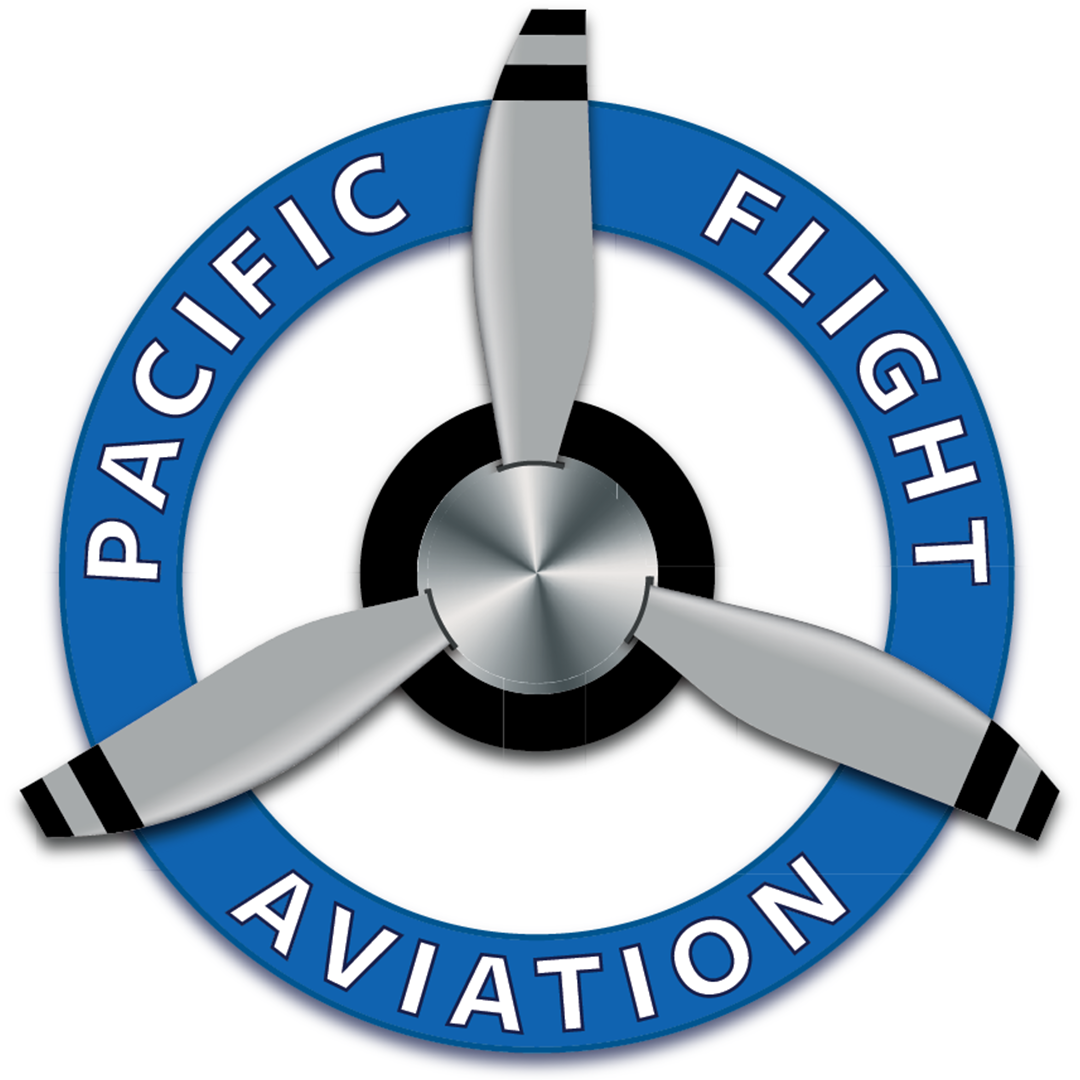Questions about our flight school or flight training courses? If you can't find the answer to your question, please contact us!
Training
+ Can I start my training before I turn 17 years old?
Absolutely! Although you can’t earn a Private Pilot License before you turn 17, you can start training at any age.
+ What is a Private Pilot's License or PPL?
The majority of pilots hold a private pilot license. Private pilots may not fly for compensation or hire but they may carry passengers as long as the pilot has the appropriate training, ratings and endorsements. To obtain a private pilot license, one must be at least 17 with a minimum of 35–45 hours of flight time. This includes at least 20 hours of dual instruction and 10 hours of solo flight. Pilots trained according to accelerated curricula outlined in Part 141 of the Federal Aviation Regulations may be certified with a minimum of 35 hours of flight time. Private pilots must have a current Class III medical exam, which must be renewed every 24 or 60 months, depending on age. In addition, private pilots must re-validate their pilot certificate every 24 months by undertaking a flight review with a certificated flight instructor (CFI).
+ What is an Instrument Rating?
An instrument rating is technically not a pilot certificate but an additional rating that allows a pilot to fly in weather with reduced visibility including rain, low clouds or heavy haze. When flying in these conditions, pilots follow instrument flight rules (IFR). The training provides the skills needed to complete flights with less than the required VFR minimums. In the US, all pilots who fly above 18,000 feet above mean sea level (MSL), a lower limit of Class A airspace, must have an instrument rating.
This rating requires highly specialized training by a certificated flight instructor (CFI) with a special instrument instruction rating (CFII), as well as completion of an additional written, oral and flight exams. Pilots applying for an instrument rating must hold a current private pilot certificate and medical examination, have logged at least 50 hours of cross-country flight time as pilot-in-command and at least 40 hours of actual or simulated instrument time including at least 15 hours of instrument flight training and instrument training on cross-country flight procedures.
+ What is a Commercial Pilot's License or CPL?
Commercial pilots can be paid to fly an aircraft. To obtain a commercial pilot license, applicants must be at least 18 with a minimum of 250 hours of total flight time or 190 hours under the accelerated curriculum defined in Part 141 of the Federal Aviation Regulations. This includes 100 hours in powered aircraft, 50 hours in airplanes and 100 hours as pilot-in-command, of which 50 hours must be cross-country flight time. In addition, commercial pilots must hold an instrument rating or be restricted to flying for hire only in daylight within 50 miles of the originating airport under visual flight rules (VFR).
+ How long does it take to get a Private Pilot's License or PPL?
The FAA (Federal Aviation Administration) requires a minimum of 40 hours of flight time. However, they also require that your CFI (Certified Flight Instructor) endorses you to be able to take the Written and Practical Standards Test to get your license. The job of the CFI is to make sure that you are ready with the knowledge and abilities to safely and competently fly the aircraft before you take your test. In other words, the FAA won’t let your CFI sign off on you before 40 hours, but they won’t sign off until you’re ready. The average student has 65-75 hours before their Private Pilot License (PPL) check ride.
+ Will I have the same instructor during my training?
Your primary CFI will remain the same throughout your training, unless there is a need to switch. However, you will have flights with other CFIs on a semi-regular basis for outside perspective.
Medical
+ Do I have to pass a medical examination?
Yes, you must pass a 3rd class medical examination by an Aviation Medical Examiner (AME) or meet the requirements of the BasicMed program through a licensed medical professional.
+ Are there any medical issues that would prohibit me from becoming a pilot?
There are a number of medical conditions that can prohibit you from becoming a pilot and a medical examination will ensure that you meet the minimum medical requirements. If you have any known medical issues, it is advisable that you receive a medical examination by an Aviation Medical Examiner or a licensed medical professional prior to beginning your training.

